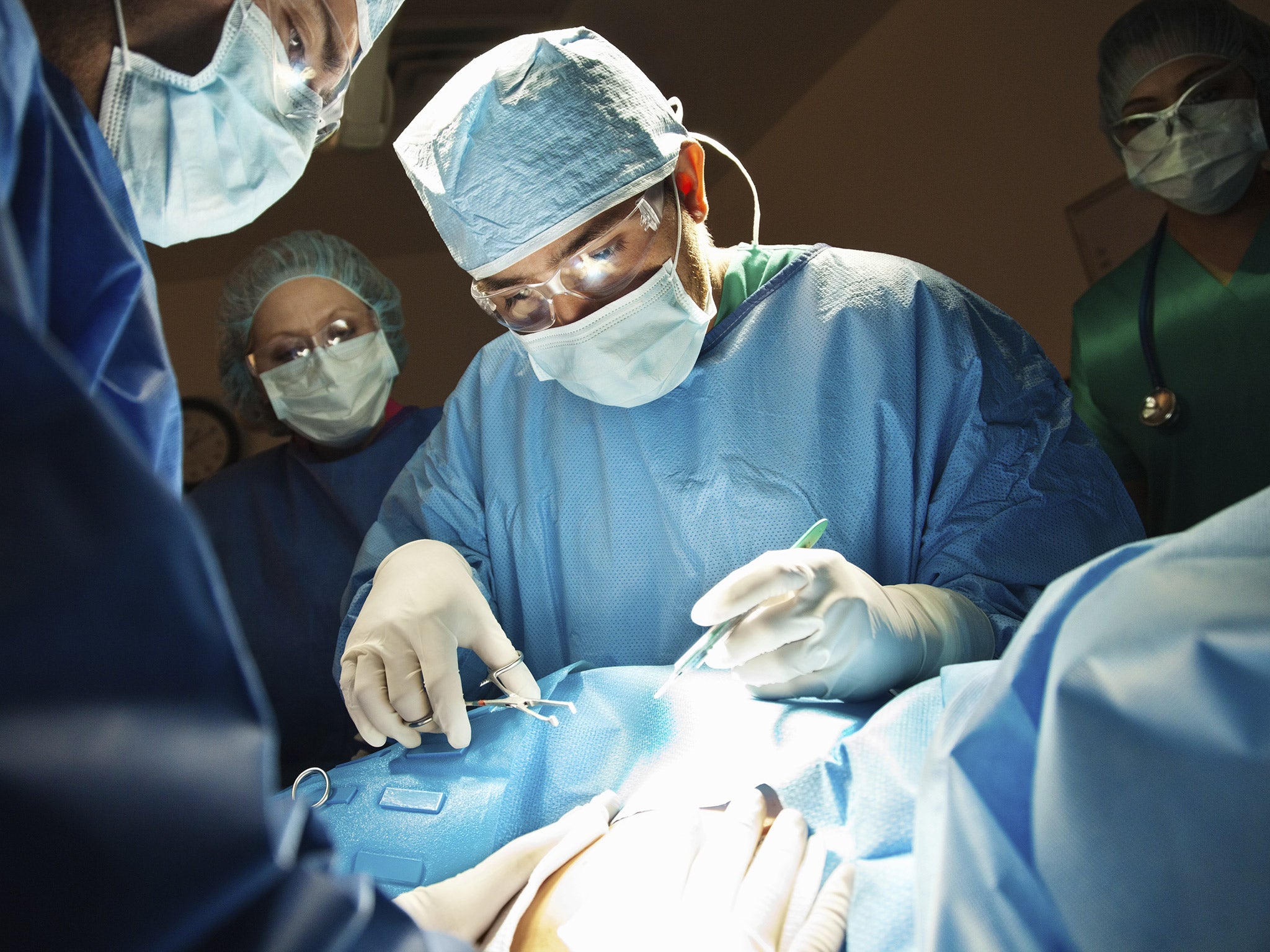‘Vaginal seeding’ puts health of newborn babies at risk, doctors warn
'Demand has outstripped both professional awareness and professional guidance on this practice'

Your support helps us to tell the story
From reproductive rights to climate change to Big Tech, The Independent is on the ground when the story is developing. Whether it's investigating the financials of Elon Musk's pro-Trump PAC or producing our latest documentary, 'The A Word', which shines a light on the American women fighting for reproductive rights, we know how important it is to parse out the facts from the messaging.
At such a critical moment in US history, we need reporters on the ground. Your donation allows us to keep sending journalists to speak to both sides of the story.
The Independent is trusted by Americans across the entire political spectrum. And unlike many other quality news outlets, we choose not to lock Americans out of our reporting and analysis with paywalls. We believe quality journalism should be available to everyone, paid for by those who can afford it.
Your support makes all the difference.Babies born by caesarean section should not be smeared with their mothers’ vaginal fluid in order to protect them with supposedly “healthy” bacteria according to medical researchers who warn of the dangers of the increasingly popular practice.
The fashion for “vaginal seeding” has grown from suggestions that caesarean babies have a slightly higher risk of obesity, asthma and autoimmune diseases allegedly because they were not exposed to the “good” bacteria that normally populate the mother’s birth canal.
Vaginal seeding involves using a gauze swab to transfer a mother’s vaginal fluid to the nose, mouth, body and anus of her new-born baby immediately after caesarean delivery. Proponents of the practice argue that this is what happens naturally in a vaginally-delivered birth.
However, specialists in infectious diseases said that there is little evidence to support the practice which, they said, raises the risk of spreading dangerous infections such as streptococcus B bacteria – the most common cause of neonatal sepsis –genital herpes and gonorrhoea.
About one in four babies in the UK are now delivered by caesarean birth and an increasing number of women are asking doctors to carry out vaginal seeding in the belief that it will benefit the long-term health of their child, said Aubrey Cunnington, a clinical senior lecturer at Imperial College London.
“The potential benefits of vaginal seeding have recently been reported in the press and, as a result, demand has increased among women attending our hospitals,” Dr Cunnington and colleagues write in an editorial in the British Medical Journal.
“Demand has outstripped both professional awareness and professional guidance on this practice,” they said. Encouraging breast feeding and avoiding unnecessary antibiotics would be better for a baby’s gut bacteria, they added.
The researchers believe the evidence of any benefit is not strong enough to warrant the risks of exposing new-born babies to potentially serious infections. The doctors said they have already intervened in one case of a woman with genital herpes who wanted doctors to perform vaginal seeding on her caesarean section baby.
“At the moment we’re a long way from having the evidence base to recommend this practice. There is simply no evidence to suggest it has benefits – it may carry potential risks,” Dr Cunnington said.
“The theory is that by transferring bacteria from mum to baby, these bacteria can then make their way to the baby’s gut and alter the bacteria in their tummy – called the microbiome. There is now quite a lot of evidence that differences in the microbiome are associated with risk of developing conditions such as allergies and obesity,” he said.
“However, people have made a leap of logic that gut bacteria must be the link between caesarean section and risk of these diseases. But we just don’t know this for sure – or when we can even influence this by transferring bacteria on a swab from mum to baby,” he added.
One particular risk of vaginal swabbing is transferring the harmful bacterium streptococcus B, which is carried by about one in four pregnant women and though poses little or no risk to mothers can be fatal if it infects babies, Dr Cunnington.
“Doctors, nurses, midwives and parents need to be aware they are doing something with a potential risk that currently doesn’t have any evidence of benefit,” he said.
Join our commenting forum
Join thought-provoking conversations, follow other Independent readers and see their replies
Comments